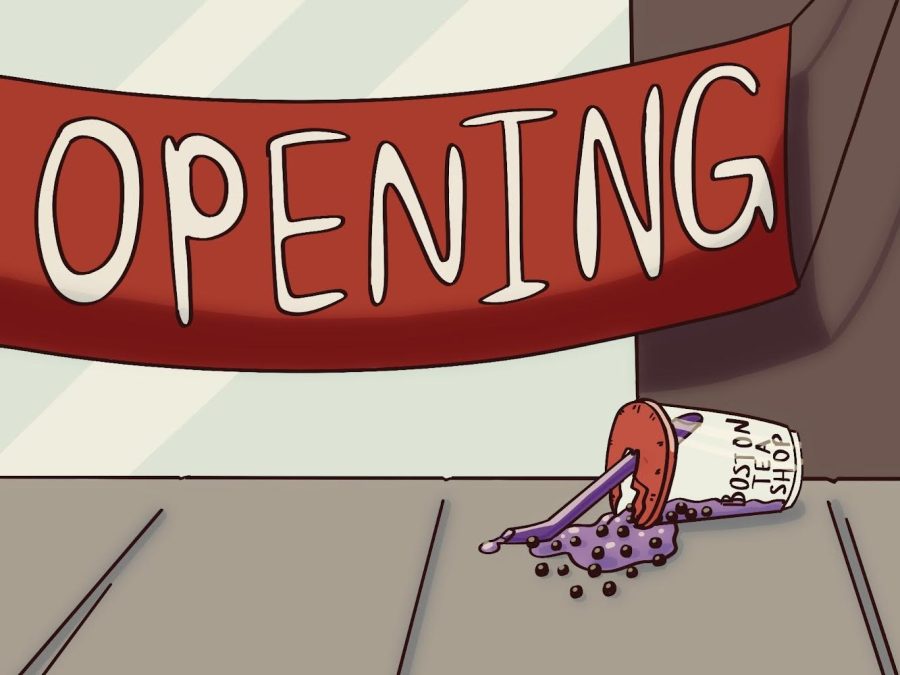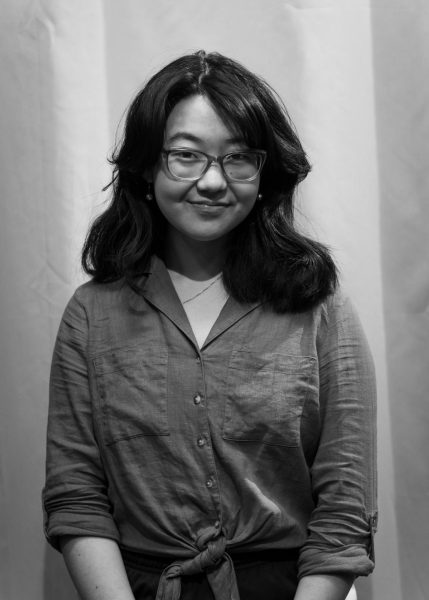New Year, New Harvard Square
February 12, 2023
For long, Harvard Square has been at the heart of Cambridge. And for just as long, Harvard Square has been changing. Virtually none of the stores displayed in the Square were there a decade ago, and likely few will still be here a decade from now. While the turnover itself isn’t surprising, the tradeoff of the unique shops for chain stores is jarring. What seems to be ignored, however, in this dangerous shift in priorities, is its impact not just on the commercial aspect of Harvard Square, but that of Cambridge culture. Gentrifying the heart of Cambridge can only result in its impacts being felt by the entire body.
The exchange of big money chains for uniqueness in Cambridge has most prominently affected the youth. January 2023 marks just over a year of the beloved Boston Tea Stop’s closure, a popular bubble tea shop for many CRLS students in Harvard Square. To many students’ surprise, a sign for Moge Tee, a notably larger and pricier business, has since taken its place. CRLS alumni Shadnan Asraf ’22 expressed his disappointment to the Register Forum, “I saw Moge Tee and I was enraged.” He continued, “Boston Tea Stop was a place loved by Cantabrigians, as it was unique,” thus rendering its replacement to be missing the individuality that made it loved by Cambridge Residents. Emilia Ferreira ’24 shares a similar sentiment, emphasizing that “Harvard Square has become not so much cultural as it is commercial,” citing the closing down of the memorable Curious George Shop as reference. The issue is that Harvard Square has, in fact, become commercial. With new investors Asana Partners and Regency Centers and the continuous spiraling of rent since Harvard Square doubled the cost in the nineties, the purpose of Harvard Square has since shifted. From Boston Tea Stop to Moge Tee. From the World’s Only Curious George Shop to Starbucks. From creativity to capitalism.
The impacts held are subtle, but more grand scheme than Cantabrigians may think. This gradual contrast from its previous emphasis on artisanship to the new corporate fuels capitalism into the face of Cambridge. It shows that Harvard Square is no longer catered towards Cambridge, but rather the tourism Cambridge brings. This turnover of shops mirrors the turnover of students making Cambridge less of a place to stay, but rather a place to frequent. The character Cambridge used to pride itself in has become lost in the square it’s most known for. Cambridge doesn’t necessarily lose its culture, but it creates a new version that prioritizes financial success over its residents.
Though this descent into greed has deteriorated the sentimental value of Harvard Square while accelerating its economic one, it’s critical to understand that this isn’t out of the ordinary. After the pandemic, it became abundantly clear that money had to be your focus. This shift perpetuates an attitude that you can’t float, you have to fight—similar to the environment brought to Cambridge by its namesake. The question is if Cambridge is willing to adopt this. Does Cambridge want to sacrifice what made Cambridge, Cambridge? Returning to what it once was would require an intentional undoing of this reinvention, and whether this can be realistically achieved isn’t necessarily up to Cantabrigians anymore. After all, Harvard Square isn’t for us, it’s for those who walk around us.
This article also appears in our January 2023 print edition.











